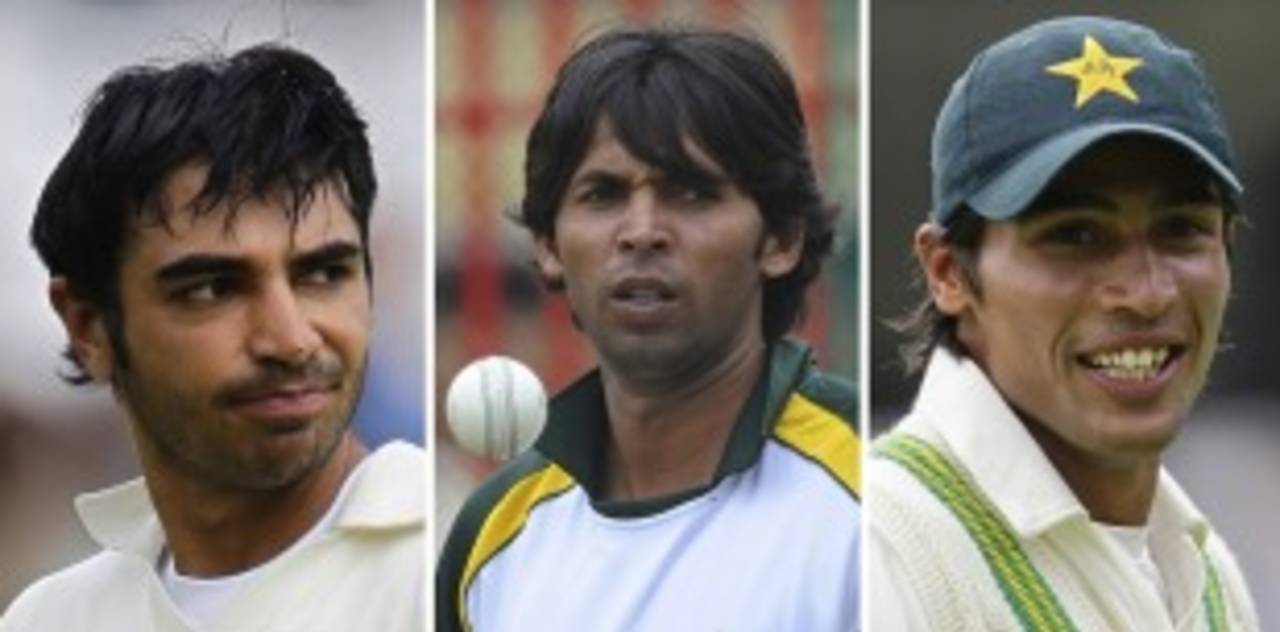The ICC's suspension of the three Pakistan players linked to the spot-fixing scandal is the first time cricket's governing body has suspended cricketers under its anti-corruption code. The clause for provisional suspension was included in the code less than a year ago.
The Anti-Corruption Code for Players and Player Support Personnel was updated and came into force on October 6, 2009 after unanimous approval from all ICC member nations. The updated code has also instituted an independent panel to investigate the matter, which cannot include the member country involved - in this instance, Pakistan.
On Thursday, the ICC took the unprecedented decision to suspend Pakistan's captain Salman Butt and fast bowlers Mohammad Asif and Mohammad Amir, who are at the centre of the allegations concerning the Lord's Test. They announced the decision hours after the PCB said that the players had decided to "opt out" of the remainder of the series against England, and added that they had not been suspended by the board.
An ICC press release, however, said the three players had been charged with "various offences under Article 2" of the code "relating to alleged irregular behavior during, and in relation to, the fourth Test". ICC chief executive Haroon Lorgat announced that the players would have 14 days to respond to the charges.
The players can contest their suspensions under the system of a provisional hearing. The burden will rest on the ACSU to establish a "strong, arguable case" for the charges made against the players, which in the circumstances could have "seriously undermined the integrity of the sport".
Under Article 4.6 of the anti-corruption code, relating to provisional suspension, the three Pakistan players cannot play any cricket. They will also be prevented from participating or being involved in any "other kind of function, event or activity (other than authorised anti-corruption education or rehabilitation programmes) that is authorised, organised, sanctioned, recognised or supported in any way by the ICC, a national cricket federation or any member of a national cricket federation".
According to the code, a charge is laid and a suspension decided upon only after the ACSU's general manager consults with the ICC's chief executive and the head of the legal department. Any player ultimately found to be guilty of committing an offence under the code would be subject to the sanctions described in Article 6. In this case, the alleged offences, if proved, would involve the imposition of a ban. There is also a possibility, at the discretion of the independent tribunal, that a fine would be imposed in addition to a ban.
A full hearing needs to be convened within three months of the imposition of the provisional suspension, after which the player can apply to the ICC Code of Conduct Commission for his suspension to be lifted.
